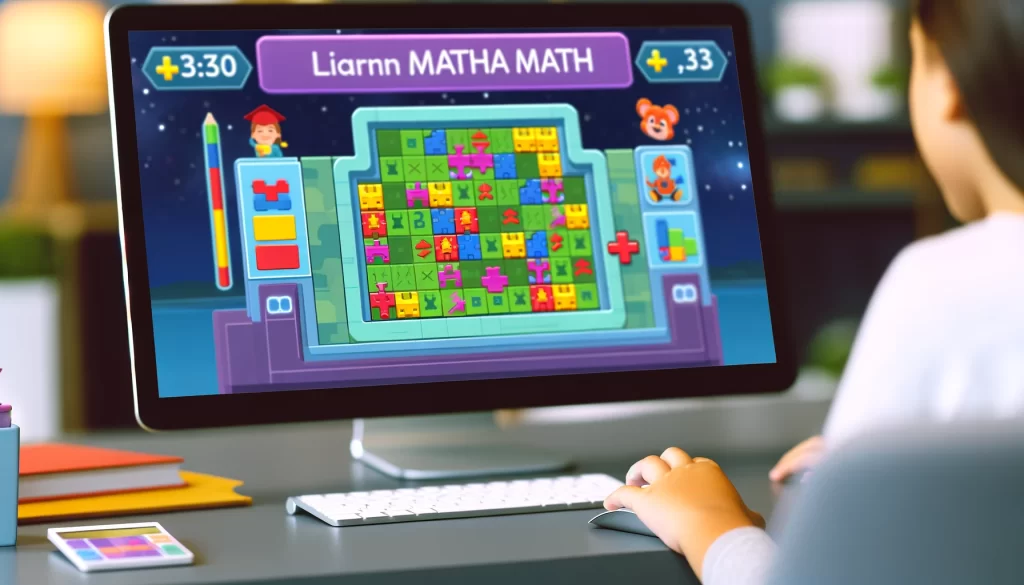Video games have evolved from simple pixelated entertainment into a complex narrative medium that influences culture, education, and even therapy. This transformation reflects broader technological advancements and a shift in societal attitudes towards gaming. Today, video games are recognized not just as a form of entertainment but as a significant cultural and educational tool that can address social issues, foster communities, and even aid in mental health therapy. This article explores the multifaceted role of video games in modern society.
From Entertainment to Cultural Phenomenon
The journey of video games from arcade cabinets to immersive virtual reality experiences encapsulates the rapid advancement of technology and its integration into daily life. Games like “Pac-Man” and “Space Invaders” laid the foundation, but it was the advent of home consoles and personal computers that truly democratized gaming. As technology evolved, so did the complexity of games, with titles like “The Last of Us” and “BioShock” offering narratives as compelling as those found in literature and film.
Educational Tools and Learning Platforms
Video games have proven to be effective educational tools, offering interactive learning experiences that can engage students in ways traditional methods cannot. Educational games can teach a range of subjects from history to mathematics, often incorporating problem-solving and critical thinking skills into their gameplay. Moreover, the gamification of learning, where game design principles are applied to educational content, has shown to increase motivation and enhance the learning process.

Social Impact and Community Building
The social aspect of gaming, often overlooked in early criticisms of the medium, has become one of its most valuable attributes. Multiplayer games and online platforms allow players to connect, collaborate, and form communities regardless of geographical boundaries. Games with social missions, such as “Papers, Please,” which explores immigration issues, or “That Dragon, Cancer,” which deals with illness and grief, show how gaming can foster empathy and awareness of societal issues.
Mental Health Therapy and Emotional Well-being
The potential of video games to support mental health therapy and emotional well-being is an area of growing interest. Games designed with therapeutic intentions can help individuals cope with stress, anxiety, and depression. Titles like “Hellblade: Senua’s Sacrifice” have been lauded for their accurate and sensitive portrayal of mental illness, offering players insights into the experiences of those living with these conditions.
Economic Influence and Career Opportunities
The video game industry has become a significant economic force, surpassing the film and music industries in revenue. This growth has led to the emergence of new career paths in game development, esports, and content creation. The rise of streaming platforms like Twitch and YouTube has created opportunities for gamers to build careers around their passion, influencing game culture and marketing.
Challenges and Controversies
Despite the positive roles video games can play, the industry faces challenges, including concerns over addiction, violence, and inclusivity. Balancing the medium’s potential for positive impact with these issues requires ongoing dialogue and responsible development practices.
Role of video games in modern society is multifaceted
The role of video games in modern society is profound and multifaceted. Far from being mere entertainment, games have become a mirror reflecting and influencing societal trends, challenges, and aspirations. As technology continues to evolve, so will the ways in which we play, learn, and connect through video games, solidifying their place as a pivotal element of contemporary culture.




